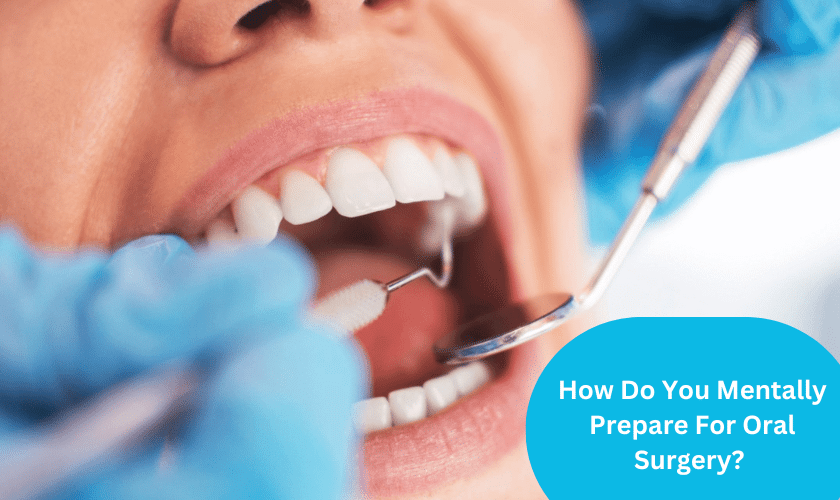
How Do You Mentally Prepare For Oral Surgery?
Mentally preparing for Oral Surgery can be a stressful experience. Oral surgery is an invasive procedure that can have lasting effects on the patient’s physical, mental and emotional well-being. In order to ensure a safe and successful outcome, it is important to understand how to mentally prepare for Oral Surgery. This blog offers key tips on how to do just that.
Oral Surgery requires proper preparation both physically and mentally in order to be successful. Mentally preparing for Oral Surgery includes understanding the risks associated with the procedure, setting realistic expectations about recovery time, understanding post-operative instructions and keeping anxiety under control. Mental preparation can make all the difference when it comes to Oral Surgery success and recovery time.
Staying Informed
Before Oral Surgery, it is important to stay informed and educated about the procedure. Most Oral Surgeries involve some type of anesthesia, so understanding the risks associated with general anesthesia or local anesthetic will help set realistic expectations for the patient. It is also important to understand what type of Oral Surgeries are being performed and how long recovery time may be.
Managing Anxiety
Anxiety can cause a great deal of stress before Oral Surgery and even during the procedure itself. To reduce anxiety levels, try relaxation techniques such as deep breathing and visualization techniques to help keep calm and positive thoughts in your head. Additionally, talking to someone you trust can help manage fears related to the Oral Surgeries process.
Setting Realistic Expectations
It is important to set realistic expectations for Oral Surgery recovery time. It can take weeks or even months to fully recover, depending on the Oral Surgery procedure and the patient’s overall health. Setting realistic expectations about recovery time can help manage anxiety levels associated with Oral Surgery.
FAQs
Q: What types of relaxation techniques should I use before Oral Surgery?
A: Deep breathing, visualization and talking to someone you trust are all great relaxation techniques that can help reduce anxiety before Oral Surgery.
Q: What types of Oral Surgery require a long recovery time?
A: Oral Surgeries such as tooth extraction, jaw correction and dental implants may require an extended recovery time due to the nature of the procedures.
Q: Are there risks associated with Oral Surgeries?
A: All Oral Surgeries carry some risk, but these risks can be minimized by ensuring proper mental preparation for the procedure. It is important to stay informed and educated about the Oral Surgeries process in order to ensure a safe and successful outcome.
Conclusion
Mentally preparing for Oral Surgery is an important part of ensuring a successful outcome from the procedure. Staying informed about Oral Surgeries risks, managing anxiety levels, and setting realistic expectations are all key steps in mentally preparing for Oral Surgery. Following these tips will help ensure that your Oral Surgery experience is as safe and stress-free as possible.





